Subscribe to ShahidulNews
![]()
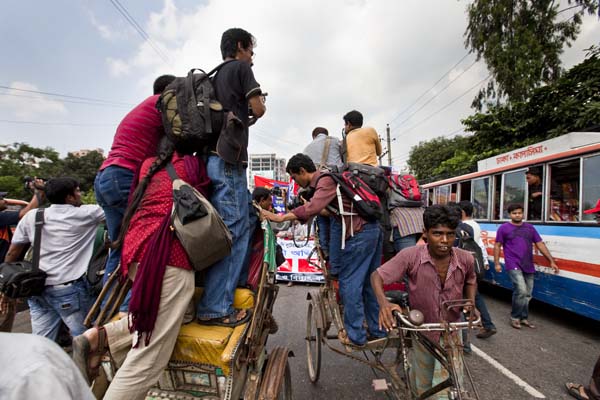
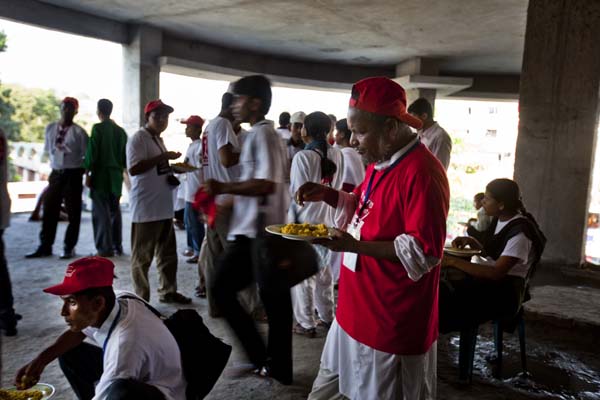
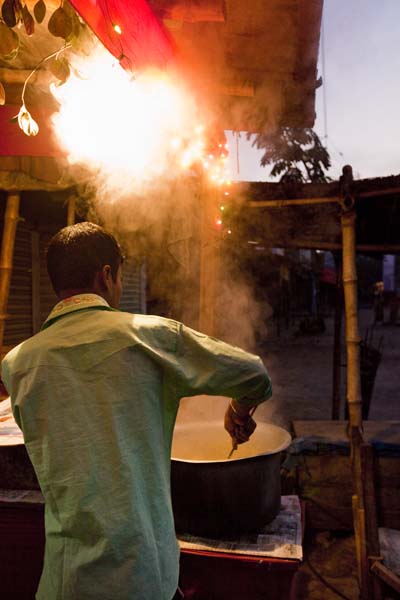
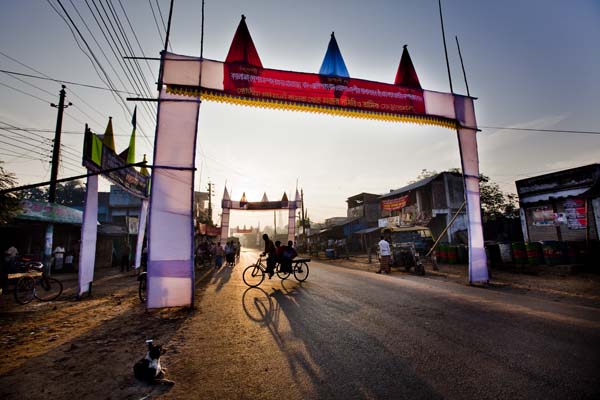
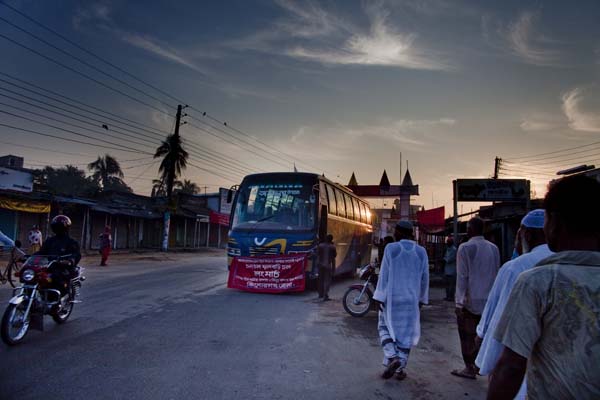
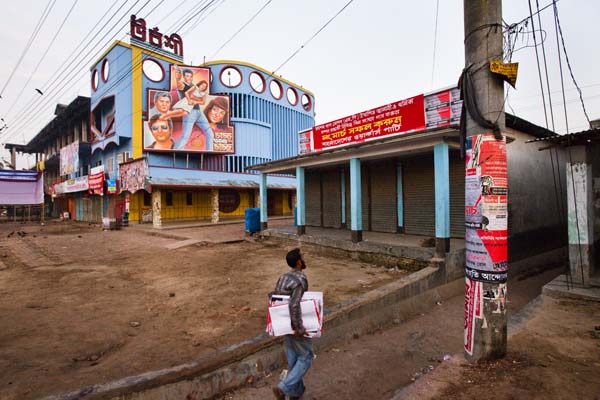
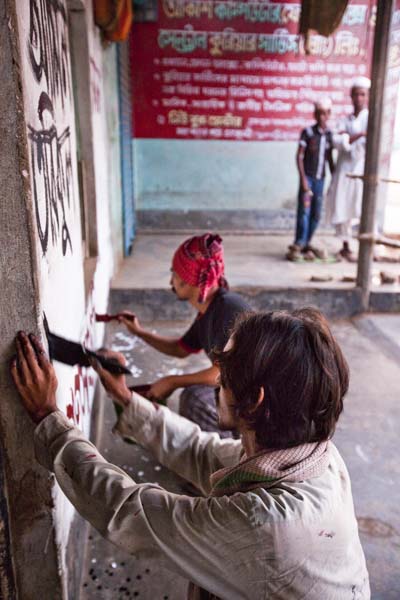
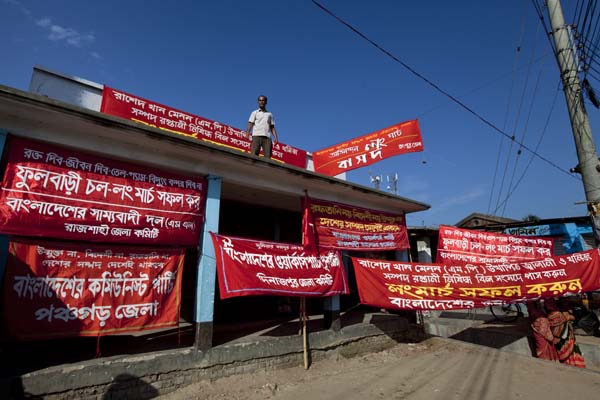
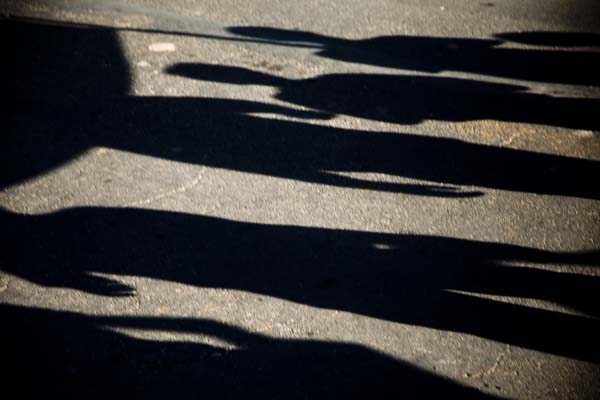
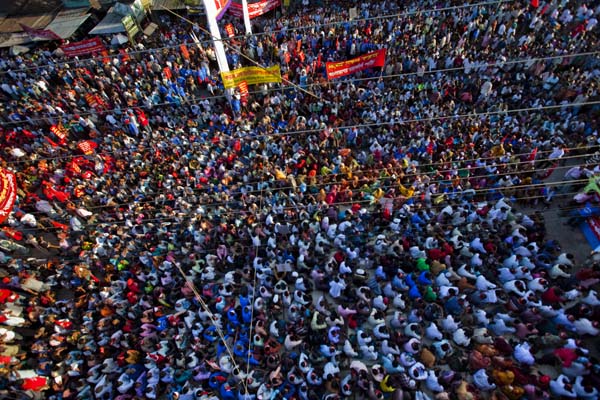
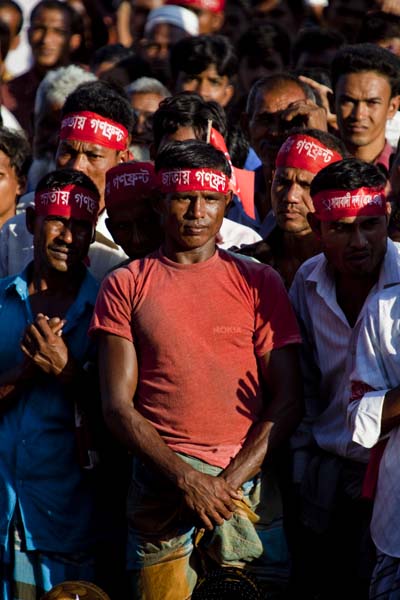
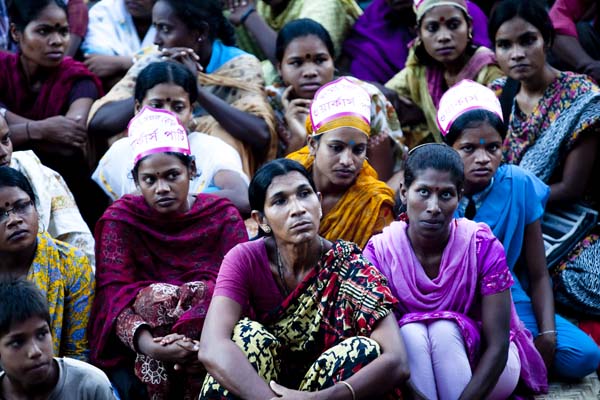
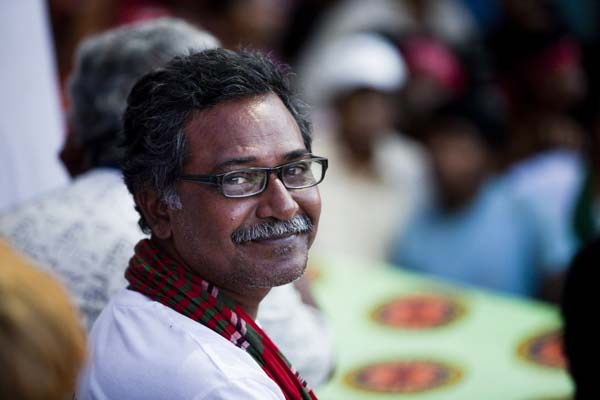
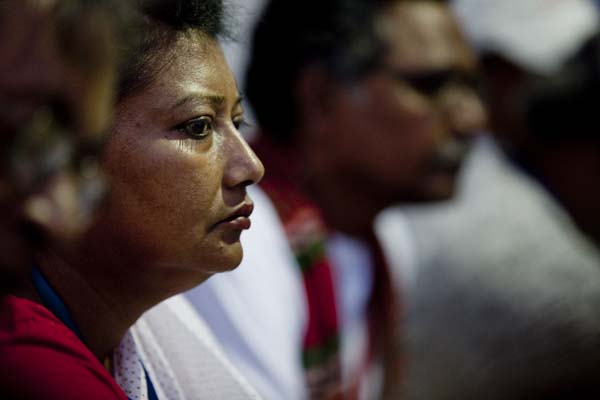
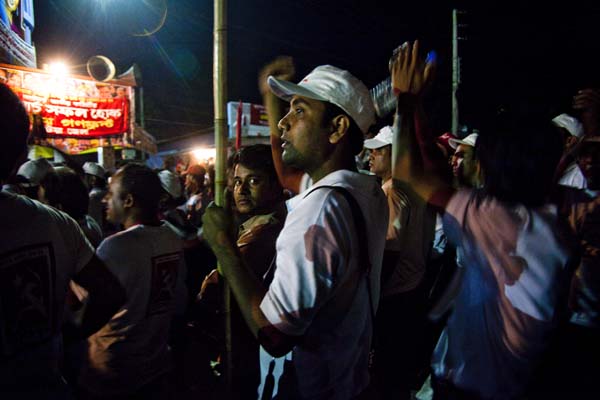
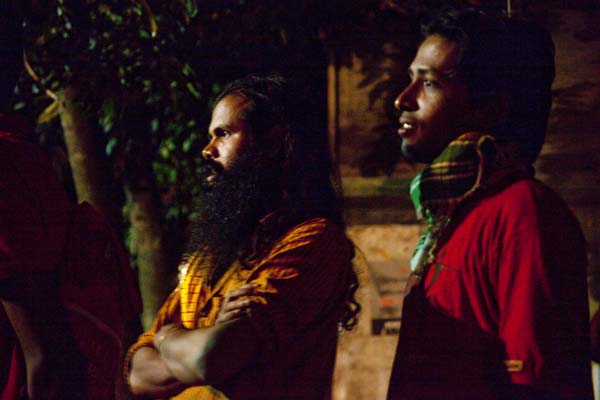
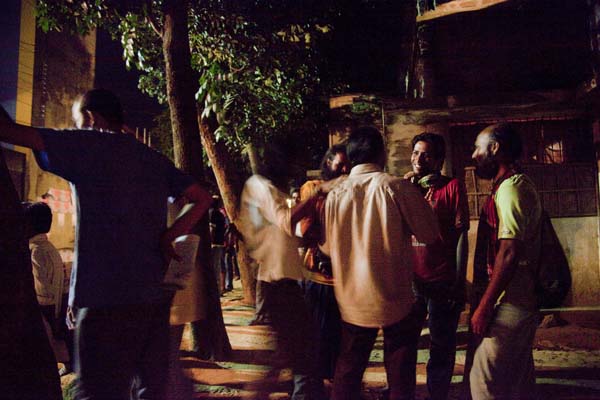
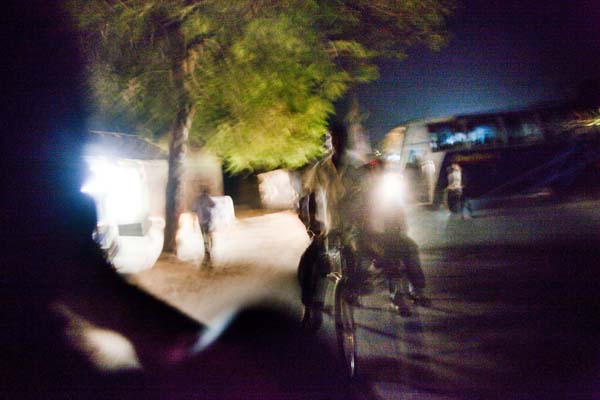
Related link:
Musings by Shahidul Alam
![]()


















Related link:
The reputation of a Nobel peace laureate, credited with helping to defeat?global poverty through microcredit, hung in the balance last night after?allegations that he had diverted ?40 million from a bank set up to help the?poor.
Muhammad Yunus, internationally f?ted as banker to the world?s poor, now?faces an investigation by the Norwegian Government, which donated funds to?him.
It marks a further blow to the reputation of microfinance, once hailed as?the most effective way to help the most needy out of poverty.
The model of extending small loans to help to stimulate entrepreneurial?activity was pioneered by Dr Yunus in Bangladesh. It won him the Nobel Peace?Prize in 2006.
But letters obtained by a Norwegian film-maker suggest that Oslo?s embassy?in Dhaka was furious to discover that cash donated to his microfinance?vehicle, Grameen Bank, for housing loans had been diverted to another?company without its knowledge or permission. The arrangement, which Dr Yunus claimed had been made for tax reasons, was not mentioned in Grameen Bank?s annual report.
When his actions were challenged in formal correspondence, Dr Yunus wrote to?the head of an aid agency, Norad, asking for its help.
?This allegation will create a lot of misunderstanding within the Government?of Bangladesh. If the people, within and outside government, who are not?supportive of Grameen get hold of this letter, we?ll face real problem[s] in?Bangladesh,? he wrote.
Dr Yunus was ordered to return the money but while about ?17.6 million was?repaid, the rest of the funds were used for other social causes including?victims of cyclones, according to the Norwegian Government.
The chain of events ? which took place between 1996 and 1998 ? came to light?this week after the letters were aired as part of a documentary on microfinance that was shown on Norwegian television.
Although it said that there was no suggestion of tax fraud, a minister in?the current Oslo administration said that it was ?totally unacceptable? that?aid was used for purposes other than what was intended.
A report into the matter has now been ordered by the International?Development Minister after questions in the Norwegian parliament.
Dr Yunus could not be contacted for comment in Bangladesh last night and?aides said that he was out of the country.
A statement released by Grameen Bank said that the claims were false and?that a full explanation would be provided at the ?earliest convenient time?.
The Nobel Committee stood by Dr Yunus last night, admitting that it was?aware of ?isolated incidents? relating to Grameen Bank when it awarded him?the Peace Prize, but it does not plan to raise any further questions.
The director of the Norwegian Nobel Institute, Geir Lundestad, said: ?The?Norwegian Nobel Committee looked into Yunus and the Grameen Bank very?thoroughly before he was awarded the Peace Prize in 2006, and we used many?international and Norwegian experts to find out about the larger picture and?not just the isolated incidents. On this basis he was awarded the prize for?2006 and we are not raising any questions in this context.?
He refused to clarify whether the committee was aware of allegations of?financial irregularities, saying: ?We have a 50-year secrecy rule. I?m not?commenting on anything else.?
Erik Solheim, the Norwegian Minister of the Environment and International?Development, insisted that there were no suspicions of tax fraud or?corruption committed by the bank.
He added: ?Having said that, the Government of Norway finds it totally?unacceptable that aid is used for other purposes intended, no matter how?praiseworthy the cases might be.
?In the light of an audit review in 1998, Grameen Kalyan returned 170?million kroner [?17.6 million] to Grameen Bank. The additional funds have?among other projects been spent on emergency aid after a devastating cyclone?hit Bangladesh.
?I will ask the Norwegian Agency for Development Co-operation for a full?report into this matter. At the same time it is important to stress that we?are firm believers in microfinance as a tool in the fight against poverty.?
The allegations will further fuel the controversy surrounding microfinance?amid concerns that what has grown into a massive and largely unregulated?industry is doing more harm than good.
The Indian state of Andhra Pradesh, the hub of small-loan activity, cracked?down on microfinanciers after accusations that high interest rates and?aggressive debt collectors had led to more than 30 suicides.
Report in bdnews24.com
Earlier article on Grameen Bank
Rahman?s case is one of the latest in a growing number of cases ? 29, at last count ? in which British intelligence services have been accused of colluding in the torture of British nationals and residents: Rangzieb Ahmed, Salahuddin Amin, Zeeshan Siddiqui, Rashid Rauf by the ISI, Binyam Mohamed in Morocco, Alam Ghafoor in Dubai, and Azhar Khan in Egypt. Rahman?s case provides the clearest indication so far, of torture outsourced
…the [Nigerian] nationalist leader Nnamdi Azikiwe urged Africans and other colonized peoples to prepare their own blueprint of rights themselves instead of relying on those who are too busy preparing their own.
— Bonny Ibhawoh, Imperialism and Human Rights, p. 155.
Forced marriage, says a British High Commission press release, is a crime (British High Commission, ?The British Foreign and Commonwealth Office Forced Marriage Unit Launches National Publicity Campaign on Forced Marriage,? Dhaka, 28 March 2006. The link, for unknown reasons, has gone dead). As opposed to arranged marriages, forced marriages — by dint of not being based on consent — are a form of domestic violence and human rights abuse.
To increase awareness, both in Britain and abroad, the British home ministry (HO), and the foreign ministry (FCO), jointly formed a Forced Marriage Unit in January 2005. The unit was tasked with launching a publicity campaign: radio and press adverts, TV fillers and poster campaigns, and providing information. To those at risk, those affected, and those who are survivors.
The British government, said the state minister for home, Baroness Scotland QC, is determined to protect young people’s “right to choose” their spouses. A determination backed by the state minister for foreign office Lord Triesman’s assurance that “help is available” for its victims. Continue reading “On Forced Marriage, and Insourced Torture”